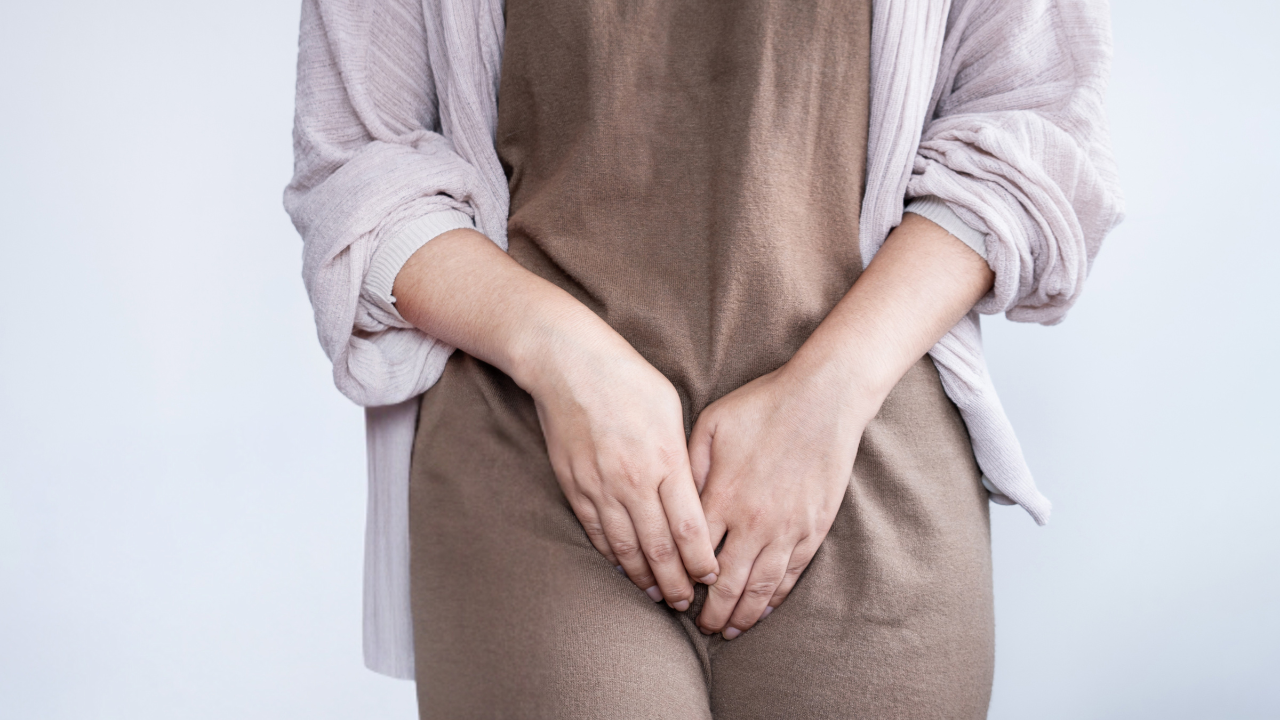‘Ozempic Vulva’: The Bizarre Side Effect Affecting Women’s Health

Credits: Canva
SummaryWomen using GLP-1 medications like Ozempic for weight loss report unexpected side effects, including loss of vulvar fat, discomfort during activity, and changes in sexual anatomy.

End of Article